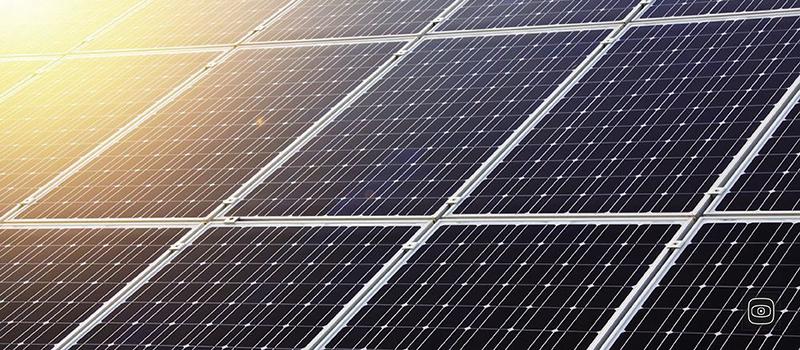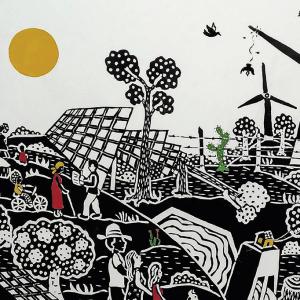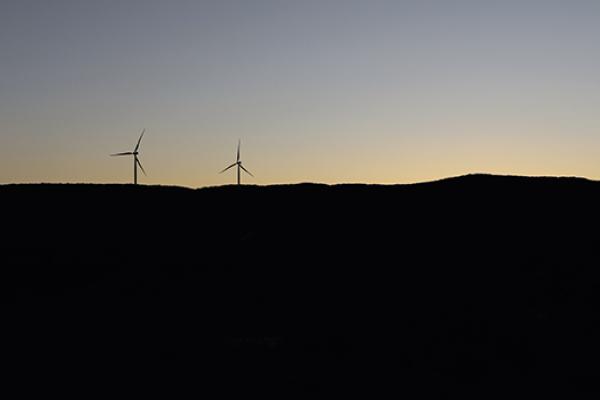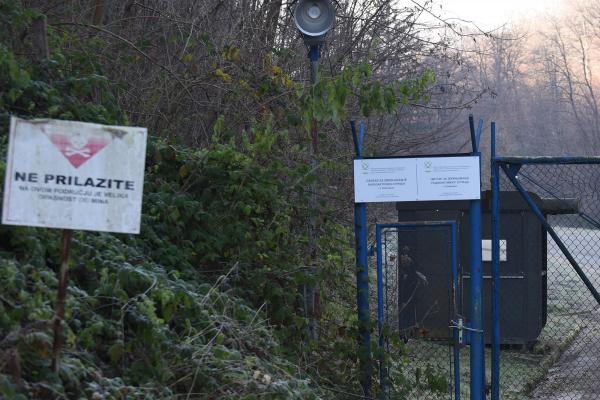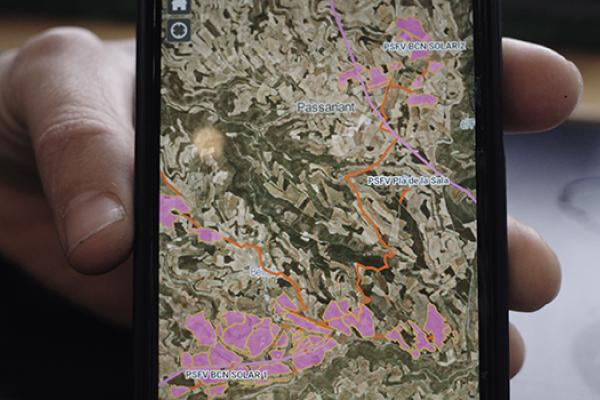About four billion photovoltaic (PV) panels will have to be replaced by 2050 globally. What to make of this gigantic waste stream remains unclear, while it will have immense consequences for people and the environment.
In Italy, the team got access to the case file of an ongoing police investigation into illegal trafficking of solar waste. Scouring through hundreds of pages of court records, we were able to report on how an alleged criminal enterprise, comprising of several waste management companies, has been exporting tons of solar waste to African countries, disguising them as second-hand panels.
In Bulgaria, internet websites are flooded with offers for very cheap second-hand solar panels that come mainly from Italy, Germany and Austria. The team found that unscrupolus actors may be selling these panels online, in order to avoid paying the costs of proper recycling.
In Romania, a poorly-conceived state program meant to equip over 140,000 households with solar panels is forcing the premature replacement of solar technology only a few years after it was installed, despite having a potential 20-year lifespan.
Key findings:
— In Italy, a criminal organisation has been illegally exporting photovoltaic panels that were supposed to go to waste treatment plants, sending them to African countries.
— In African countries, poor quality photovoltaic panels have been flooding the market, causing high risks for people and the environment, as well as reducing people's trust in this technology.
— In Bulgaria, second-hand PV panels sold online are mostly of very low quality, and appear to be sold by companies that should have provided for their disposal and treatment instead.
— In Romania, a badly designed state program meant to equip over 140,000 households with solar panels is now causing the premature replacement of the technology used, only a few years after its deployment.
Image free of copyright under Creative Commons CC0 1.0 UNIVERSAL licence
